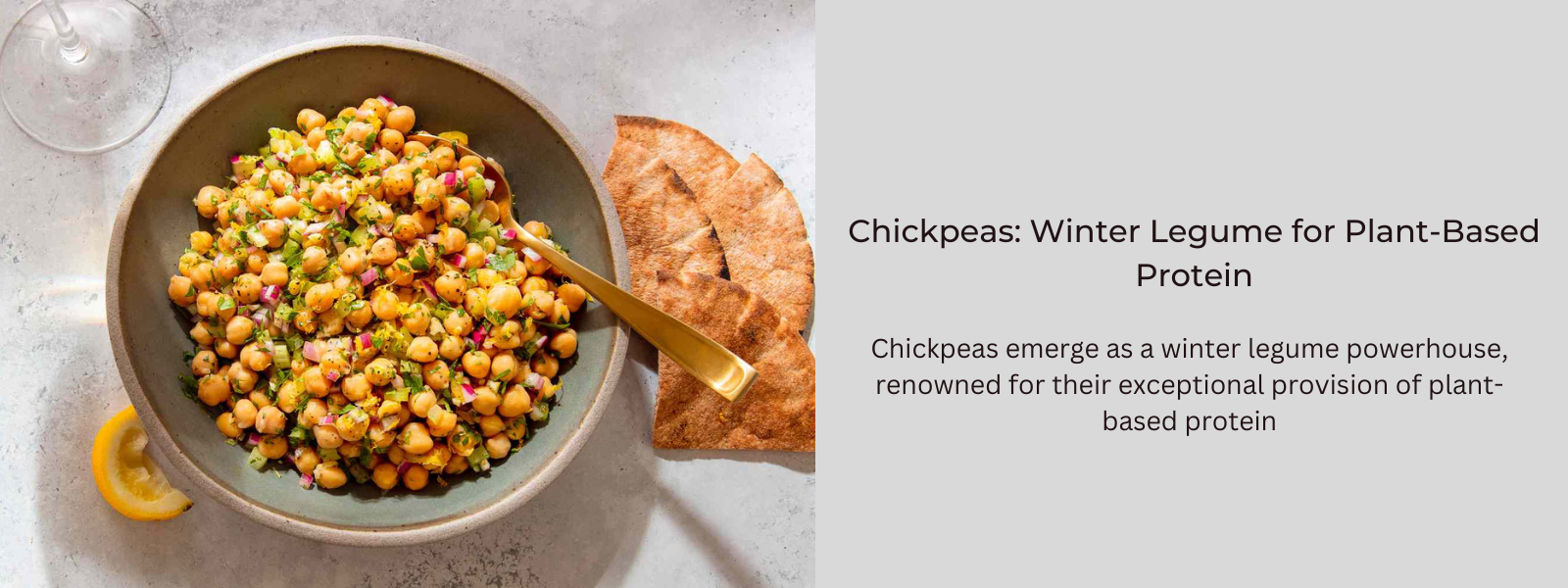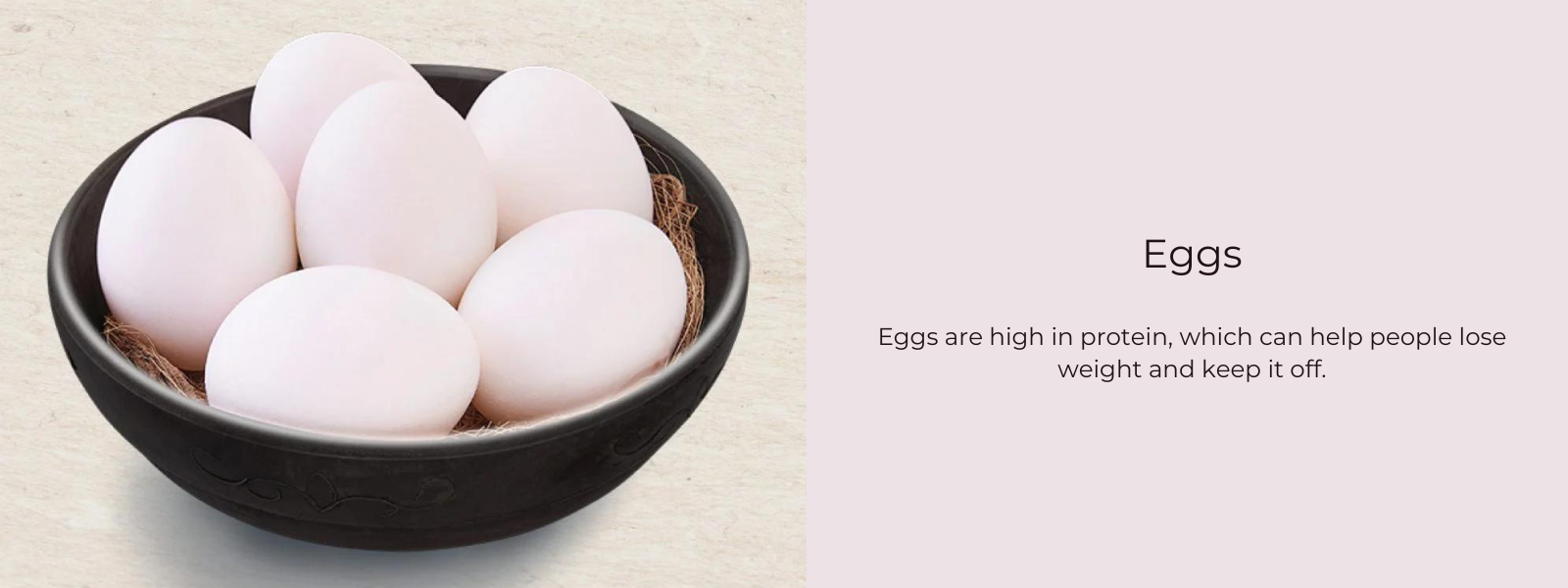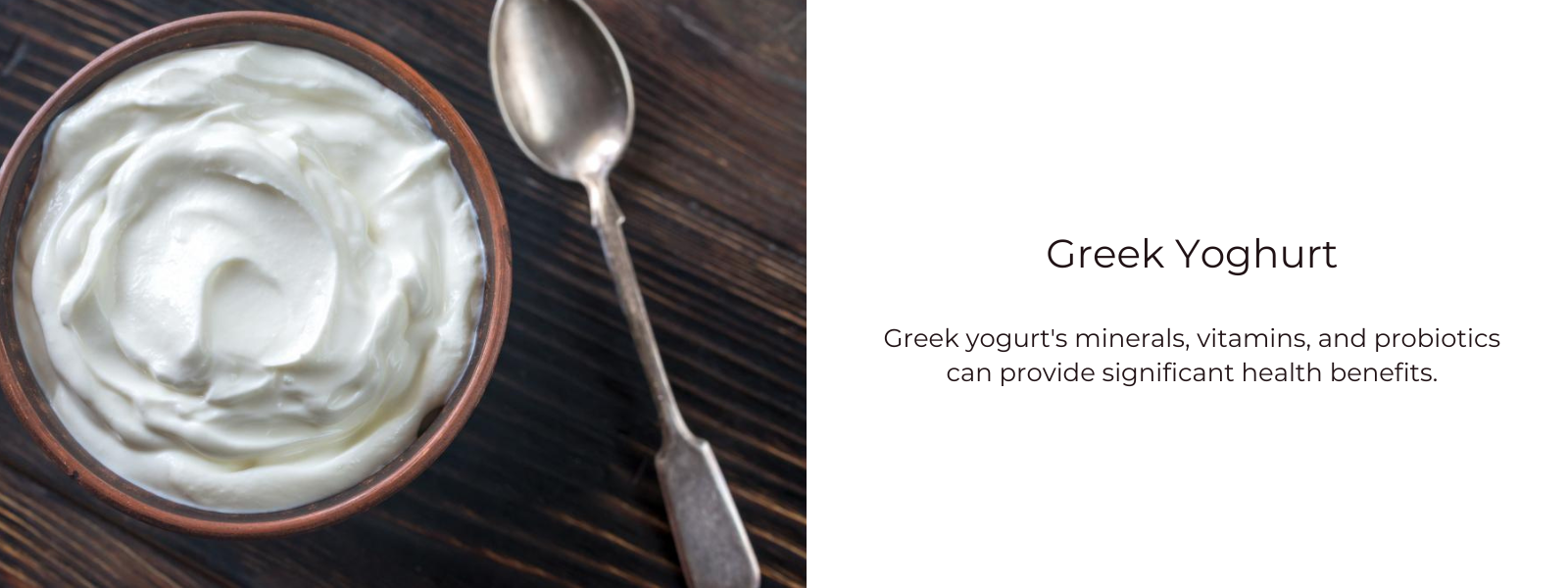Protein plays a pivotal role in supporting weight management and aiding in fat loss through various mechanisms. Notably, protein-rich foods contribute to increased satiety, helping curb appetite and reduce overall calorie intake. Their high thermic effect requires more energy for digestion and metabolism, potentially boosting calorie expenditure. Moreover, adequate protein intake supports the preservation of lean muscle mass during weight loss, crucial for maintaining a higher metabolic rate and effectively burning calories. Protein influences appetite-regulating hormones, reducing hunger-inducing signals while promoting feelings of fullness, further aiding in weight control. Additionally, incorporating protein into the diet positively impacts metabolic health, potentially enhancing insulin sensitivity and favorably influencing body composition changes, promoting fat loss while retaining lean tissue. These collective effects highlight the significant role protein-rich foods play in supporting effective weight management and facilitating fat loss when integrated into a balanced and healthy lifestyle.
Table of Contents
Protein’s Role In Weight Management:
Protein's role in weight management and fat loss is multifaceted and supportive:
- Enhanced Satiety: Protein is highly satiating, promoting a feeling of fullness and reducing overall calorie intake. This helps control appetite, potentially leading to decreased food consumption and aiding in weight loss.
- Increased Thermogenesis: Protein has a higher thermic effect compared to carbs and fats, requiring more energy to digest and metabolize. This process boosts calorie expenditure, supporting weight management efforts.
- Preservation of Lean Muscle Mass: During weight loss, protein helps preserve lean muscle mass. This is crucial because higher muscle mass contributes to a higher metabolic rate, aiding in burning calories even at rest.
- Regulation of Appetite Hormones: Protein influences hormones involved in appetite regulation, reducing hunger-inducing ghrelin levels and increasing satiety hormones like peptide YY and GLP-1. This hormonal balance can support better appetite control and weight loss.
- Metabolic Effects: Protein intake can positively impact metabolic health, contributing to improved insulin sensitivity and better glucose regulation, potentially reducing fat storage.
- Body Composition Changes: Adequate protein intake, coupled with exercise, supports fat loss while preserving muscle mass, leading to favorable changes in body composition.
- Long-Term Weight Management: Including sufficient protein in the diet supports weight maintenance by reducing the likelihood of weight regain and helping sustain a higher metabolic rate.
Relationship Between Protein Intake & Weight Management:
There's a strong relationship between protein intake and weight management. Protein plays a pivotal role in supporting weight loss and overall weight management through several mechanisms. Firstly, it's highly satiating, aiding in reducing appetite and promoting feelings of fullness, potentially leading to a reduction in overall calorie intake. Secondly, the thermic effect of protein—how many calories are expended during digestion—is higher compared to fats or carbohydrates, increasing calorie expenditure. Additionally, adequate protein intake helps in preserving lean muscle mass during weight loss, which is crucial for sustaining a higher metabolic rate and burning calories efficiently. Moreover, protein influences hormones involved in appetite regulation, assisting in appetite control. Its positive impact on metabolic health, such as improving insulin sensitivity and facilitating body composition changes, further supports effective weight management. Integrating sufficient protein into a balanced diet, alongside healthy lifestyle practices, is vital for successful weight management and achieving weight-related goals.
Ways To Use Protein For Weight Management:
Using protein for weight management involves incorporating it strategically into your diet to support weight loss or maintenance. Here are some ways to utilize protein effectively for weight management:
- Increase Protein Intake: Focus on including protein-rich foods in your meals and snacks. Lean meats, poultry, fish, eggs, dairy products, legumes, nuts, seeds, and plant-based protein sources are excellent options. Aim for a moderate increase in protein intake while balancing it with other essential nutrients.
- Prioritize Whole Foods: Choose whole food sources of protein over processed or high-fat options. Whole foods not only provide protein but also come with additional nutrients and fiber, contributing to satiety and overall health.
- Eat Protein with Every Meal: Incorporate a source of protein into each meal and snack to promote feelings of fullness and help control hunger throughout the day.
- Manage Portion Sizes: Pay attention to portion sizes to ensure adequate protein intake without overeating. Moderation is key to balancing calorie intake for weight management.
- Include Protein Post-Workout: Consuming protein after exercise supports muscle repair and recovery, helping preserve lean muscle mass, which is beneficial for weight management.
- Balance Macronutrients: Combine protein with complex carbohydrates, healthy fats, and fiber-rich foods to create balanced meals. This helps stabilize blood sugar levels and keeps you satisfied for longer periods.
- Stay Hydrated: Ensure proper hydration, as it aids in digestion and supports overall metabolic processes, including the utilization of proteins.
- Monitor Overall Caloric Intake: While protein is essential, it's crucial to consider your overall calorie intake. Incorporating protein-rich foods should align with your total daily calorie goals for weight management.
- Regular Physical Activity: Pairing adequate protein intake with regular exercise, including both cardio and strength training, can enhance the effects of weight management by supporting muscle health and metabolism.
Best Time To Consume Protein For Weight Management
The timing of protein intake can be influential for weight management, although individual preferences and schedules also play a role. Here are some key times when protein intake can be particularly beneficial:
- Breakfast: Consuming protein in the morning can help kickstart your metabolism, promote satiety, and control hunger throughout the day. Including protein-rich foods like eggs, Greek yogurt, or protein smoothies at breakfast can support weight management efforts.
- Pre-Workout: Having a protein-rich snack or meal before a workout can provide sustained energy and help preserve muscle mass during exercise. This could be a protein bar, Greek yogurt, or a small chicken wrap.
- Post-Workout: Consuming protein after a workout is crucial for muscle recovery and growth. Aim to have a protein source within the first few hours after exercise to support muscle repair, such as a protein shake, lean meats, or a protein-rich meal.
- Throughout the Day: Distributing protein intake evenly across meals and snacks can aid in managing hunger and promoting satiety. Including protein sources in every meal helps regulate appetite and supports overall energy balance.
- Before Bed: Some people find that having a protein-rich snack before bedtime helps prevent late-night cravings and supports muscle repair during sleep. Opt for options like cottage cheese, Greek yogurt, or a protein smoothie.
Best Ways To Integrate Protein In Daily Diet:
Integrating protein into your diet for effective weight management involves strategic planning and incorporating protein-rich foods into meals and snacks. Here are some best ways to integrate protein:
- Lean Protein Sources: Choose lean sources of protein like skinless poultry, fish, lean cuts of meat, eggs, low-fat dairy, legumes, tofu, tempeh, and plant-based protein sources such as lentils, chickpeas, and quinoa.
- Balanced Meals: Create balanced meals by including a protein source, complex carbohydrates (like whole grains), healthy fats (like avocado or nuts), and vegetables. This balanced approach helps control hunger and supports overall nutrition.
- Protein-Packed Breakfast: Start your day with a protein-rich breakfast to kickstart metabolism and control appetite. Include eggs, Greek yogurt, cottage cheese, or protein smoothies with fruits and vegetables.
- Snack Smartly: Opt for protein-rich snacks between meals to maintain satiety and prevent overeating. Snack options may include nuts, seeds, Greek yogurt, protein bars, or a small serving of lean meat.









Leave a comment